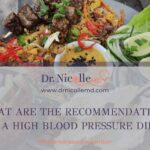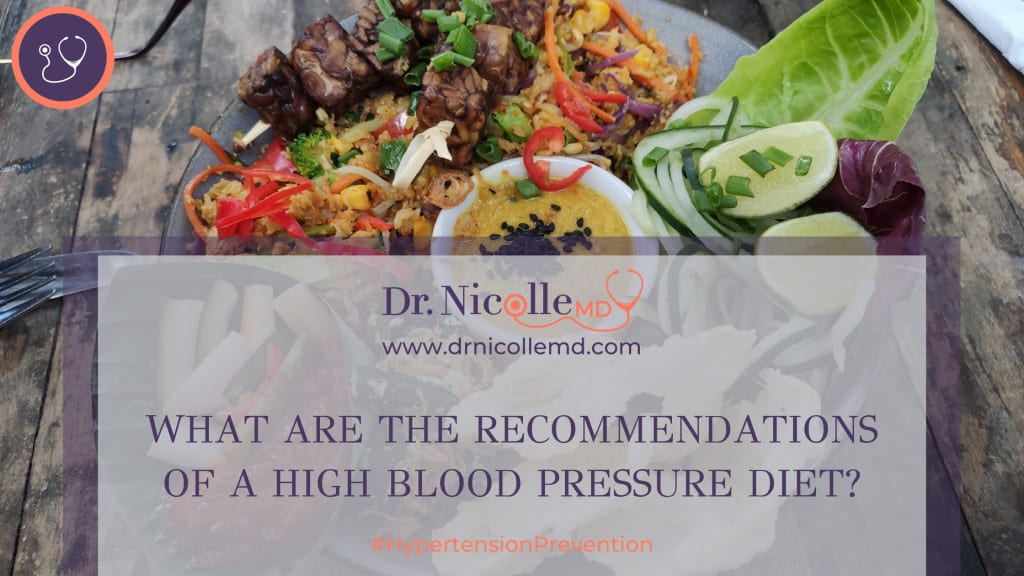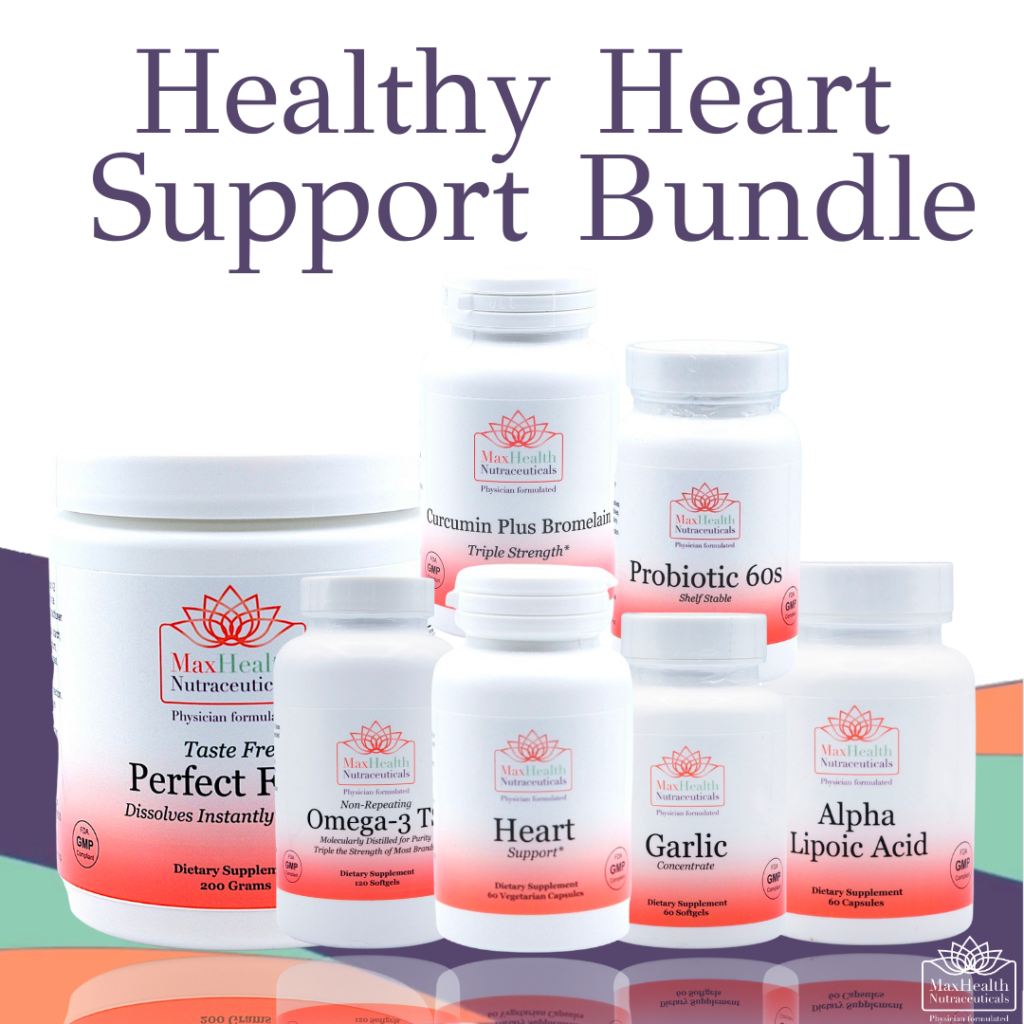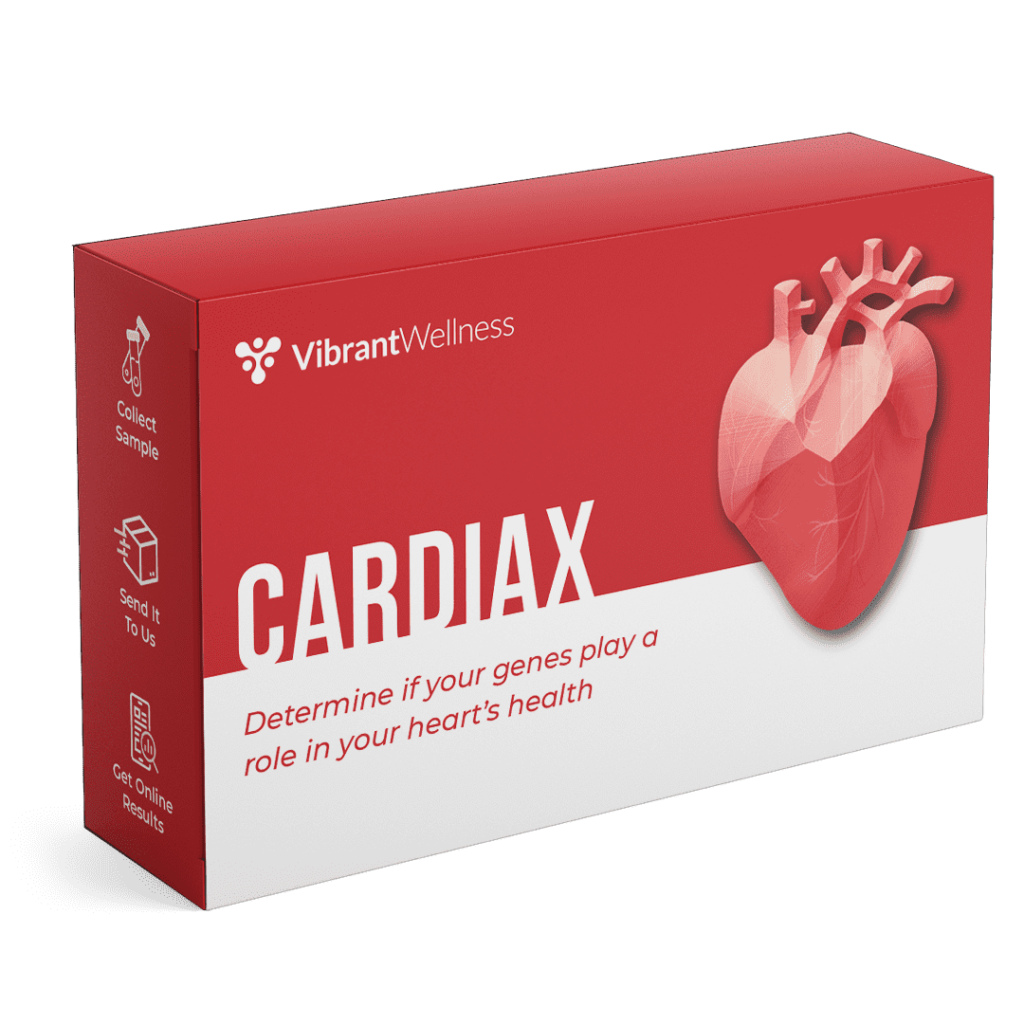

Hello. This is Hypertension Prevention Tuesdays! Today, we’ll talk about components and recommendations of a high blood pressure diet. A person with high blood pressure runs the risk of heart attacks, strokes and other organ damage if the condition is left unmanaged. Managing high blood pressure not only starts with a high blood pressure diet but also several lifestyle changes.
While the root cause of high blood pressure is not known, there are several reasons why a person may have this condition. One of these factors is the genetic make up of a person. A family with high blood pressure is almost always sure to have children with the same condition if they are not careful with regards to a high blood pressure diet and their lifestyle. Other than a high blood pressure diet, quitting smoking and minimizing alcohol intake are also other recommendations that doctors may make for those with the condition. High blood pressure medication is also another recommendation for those with ranges that exceed normal ranges.
How to Reduce Sodium
The majority of sodium in our diets comes from packaged and restaurant food (not the salt shaker) and is a direct result of food processing. Even foods that may not taste salty can be major sources of sodium. Foods with only moderate amounts of sodium, such as bread, can be major sources in our diets because we eat so much of them.
Tips for Reducing Sodium
Things you or the person who purchases and prepares your food can do to reduce sodium:
At the Grocery Store
- Buy fresh, frozen, or canned vegetables with no salt or sauce added.
- Choose packaged foods labeled “low sodium,” “reduced sodium,” or “no salt added” when available.
- Read food labels and compare the amount of sodium in different products, then choose the options with the lowest amounts of sodium.
- When buying prepared meals, look for those with less than 600 milligrams (mg) of sodium per meal, which is the upper limit set by the Food and Drug Administration for a meal or main dish to be labeled “healthy.”
- Check the amount of sodium per serving, and don’t forget to check the number of servings per container.
- When possible, purchase fresh poultry, fish, pork, and lean meat, rather than cured, salted, smoked, and other processed meats. For fresh items, check to see whether saline or salt solution has been added—if so, choose another brand.
- Ask your grocer if they have a low sodium shopping list available.
- Ask to speak to the registered dietitian at your local grocery store to learn more about buying low sodium products. If your grocer doesn’t have a registered dietitian, ask your doctor for a referral. A registered dietitian can provide valuable guidance on reducing your family’s sodium intake and managing blood pressure.
At Home
- When cooking, use alternatives to replace or reduce the amount of salt you use, such as garlic, citrus juice, salt-free seasonings, or spices.
- Prepare rice, pasta, beans, and meats from their most basic forms (dry and fresh) when possible.
- Eat more fruits and vegetables.
- Limit sauces, mixes, and “instant” products, including flavored rice and ready-made pasta.
Dining Out
- Ask for nutrition information before you order, and select a lower sodium meal.
- Ask that no salt be added to your meal.
- Order vegetables with no salt added or fruit as a side item.
- Split a meal with a friend or family member.
- Keep takeout and fast food to an occasional treat.
The 2015–2020 Dietary Guidelines for Americansexternal icon recommend that Americans consume less than 2,300 mg of sodium each day as part of a healthy eating pattern. For individuals with hypertension or prehypertension, further reduction to 1,500 mg of sodium per day can result in greater blood pressure reduction. Ask your doctor whether you have any of these conditions.

High Fiber, Low Fat
A high blood pressure diet is one of the most important things that a person with the condition may do to manage and control it. Doctors often recommend a high blood pressure diet to have more fiber to facilitate better cleaning of the digestive system as well as absorption of fats for better and faster waste elimination. Oats and other fibrous materials are best for those who wish to improve their high blood pressure diet. Other things that one may add to a high blood pressure diet are fruits and vegetables to meet the daily need of the body.
Minimizing the intake of saturated fats, oils and greasy, fatty foods also help to manage and control high blood pressure. A high blood pressure diet is sure not to contain full cream dairy products, instead milk may be skimmed or half and half while cheeses and butter should be taken as little as possible, unless they are low fat with minimal saturated fats. Salty foods should also be avoided as well as foods laden with cholesterol in a high blood pressure diet. Our body produces its own cholesterol which is minimal compared to what we normally eat. This is the reason why it is not necessary to eat much of cholesterol rich foods.
A high blood pressure diet is something that a nutritionist or a doctor may recommend to people who are in dire need of one. Since high blood pressure is not easily noticeable, it is best to have yearly or semi annual check ups with regards to one’s blood pressure if the family has a history of high blood pressure.
Choose a Heart-Healthy Diet
The DASH (Dietary Approaches to Stop Hypertension) eating plan is a simple, heart-healthy diet that can help prevent or lower high blood pressure. The DASH diet is low in sodium, cholesterol, and saturated and total fats, and it is high in fruits and vegetables, fiber, potassium, and low-fat dairy products.
If you follow the DASH eating plan and also make other healthy lifestyle changes, such as getting more physical activity, you will see the biggest benefits. Learn more about the DASH eating plan on the National Heart, Lung, and Blood Institute’s website
If you would like to receive a free resource sheet to support your quest for better heart health, click the button below to receive your gift.
I’m excited to talk about this topic today because not only do I truly believe that you have the power to reverse heart disease and lower high blood pressure to improve your health, but the science also agrees! You can adopt healthy lifestyle practices that improve your health and enrich your life, which can in turn improve the lives of those close to you. You have the power to break the cycle of these chronic diseases so that you can leave a legacy of health to your loved ones.
As you may already know, I use lifestyle medicine as the first line of treatment, before medications, to treat lifestyle-related chronic diseases. Lifestyle-related chronic diseases include diabetes, hypertension, obesity, and some cancers, just to name a few. Lifestyle practices, such as eating a whole-food plant-based diet and regular physical activity, can help you improve blood pressure and reverse heart disease. In certain cases, these approaches may even outperform pharmaceutical therapy. But I always tell my patients that conventional medications may be appropriate at this time to prevent catastrophic illness, but over time, you can work to make the necessary lifestyle changes to possibly reduce and/or eliminate medications. Please remember to always consult your physician for your particular needs and circumstances prior to making any decisions whatsoever.
Is Dietary Supplementation Right For You?
There is a common saying, “You can’t outrun a bad diet.” This is especially true when it comes to heart health. Diet is sooooo very important… Did you know that your diet could be the key to a healthy heart? It’s true – what you eat (and don’t eat) can have a big impact on your cardiovascular health. So, if you’re looking to keep your heart in tip-top shape, make sure you pay attention to what you put on your plate.
Unfortunately, it can be difficult to eat a healthy diet in this day and age. It is very important to note that we are not eating the same foods we ate years ago because the soils have been depleted of critical nutrients through current industrial farming practices. And because the soil is not as good as it used to be, the food supply (grown from the depleted soil) is not as good as it used to be. For example, you are not getting the same levels of magnesium as you would have gotten 30 or even 50 years ago.
Second, much of the food has been genetically altered, which can impact the inherent and unique nutritional composition that each food possess. For example, ancient einkorn wheat has less gluten, more protein, more Vitamin A, and more beta carotene, than modern genetically modified wheat.
Third, the toxic load in the environment today is much higher than 100 years ago. We can see this with global warming, toxic landfills, polluted oceans and waterways, etc. Toxicity levels interfere with nutrient assimilation and absorption not just into the foods, but into our bodies as well.
For some people, vitamin and mineral supplements offer important health benefits. Supplements are designed to fight deficiencies found in our diet and complement the food we eat regularly. Supplements are basically “helping hands” to our daily food.
If you need extra help in getting the nutrients you need, and/or are unable to eat better, the supplements in my Healthy Heart Bundle may provide the extra boost you need.
These are my favorite Heart Health Supplements to use! This Healthy Heart Bundle will ensure you have the intake of the important vitamins, minerals, and probiotics to decrease inflammation and boost your innate wellness day and night. Taken together, it’s a solid plan for increasing your body’s natural resiliency while you lose weight and improve your heart health, naturally.
For best results make sure you use my heart health supplements with dietary changes including a whole food plant-based diet, regular exercise (at least 2-3x per week), regular sleep (8 hours per night), and intermittent fasting (at least 1-3x per week).
Tools to Improve Heart Health
Blood Pressure Monitoring
It’s very important to monitor your blood pressure. I often recommend an automatic upper arm blood pressure cuff, but a wrist blood pressure monitor is also acceptable.
Weight Monitoring
Since weight management is very important in blood pressure control, I recommend that you be mindful of your weight and its fluctuations, and that you monitor your weight AT LEAST on a weekly basis. I recommend a scale that includes a body composition monitor.
Taking Charge Of Your Heart Health
Heart health is a big topic. It’s in the news, on our minds, and for good reason; heart disease remains the leading cause of death in the U.S. But what if there was something you could do proactively to help protect your heart from future problems? Enter the CardiaX test—a revolutionary new way to take charge of your heart health!
What is CardiaX?
CardiaX is a comprehensive genetic testing panel that looks at mutations associated with common cardiovascular risks. It can be used to determine if there are any genetic factors at play in your heart health, and it can also identify potential areas of risk that may require further action. With this knowledge, you can make informed choices about your health today with the aim of improving long-term heart health outcomes.
Who Might Benefit from CardiaX?
If you have been diagnosed with or are at risk for atherosclerosis, abnormal cholesterol production, hypertension, stroke risk, and risk for heart attack then you may benefit from this test. Additionally, anyone who wants to know more about their genetic predispositions for common cardiovascular risks may also want to consider taking this test as well.
What Can I Do With My Results?
Your results will give you an indication of whether or not there are any potential genetic markers playing a role in your risk for developing certain conditions related to heart health. From there, you can work with your healthcare provider to develop a plan that takes into account these findings and helps you develop strategies for managing them going forward. In addition to lifestyle changes such as diet and exercise modification, selecting medications that are tailored specifically to your genetics could be beneficial as well.
In A Nutshell…
The CardiaX test is an exciting new way to take charge of your heart health by learning more about how genetics might be playing a role in certain cardiovascular risks. With this knowledge in hand, patients can make decisions informed by their own unique genetic profile that will help reduce their overall risk for developing certain conditions associated with heart disease. This type of proactive approach is key when it comes to protecting ourselves against this all-too-common affliction—so don’t wait another minute! Take control of your future and get started with the CardiaX test today!
Remember, healthy lifestyle behaviors–like eating a whole-foods plant-based diet that is low in sodium, being physically active, and stress management are the best ways to prevent and control high blood pressure. Please talk with your doctor about any complementary health approaches, including supplements, you use.
Dr. Nicolle Martin
Some of the links in this article are "affiliate links", a link with a special tracking code. This means if you click on an affiliate link and purchase the item, we will receive an affiliate commission.
The price of the item is the same whether it is an affiliate link or not. Regardless, we only recommend products or services we believe will add value to our readers.
By using the affiliate links, you are helping support our Website, and we genuinely appreciate your support.
Last updated on May 30th, 2023 at 02:48 am

Minimize Medications. Maximize Health.
Are you super busy but need to take control of your health? Are you tired of being tired? Subscribe to my “Minimize Medications, Maximize Health Blog” and I’ll give you 7 Tips to Get Healthy in No Time absolutely FREE.







